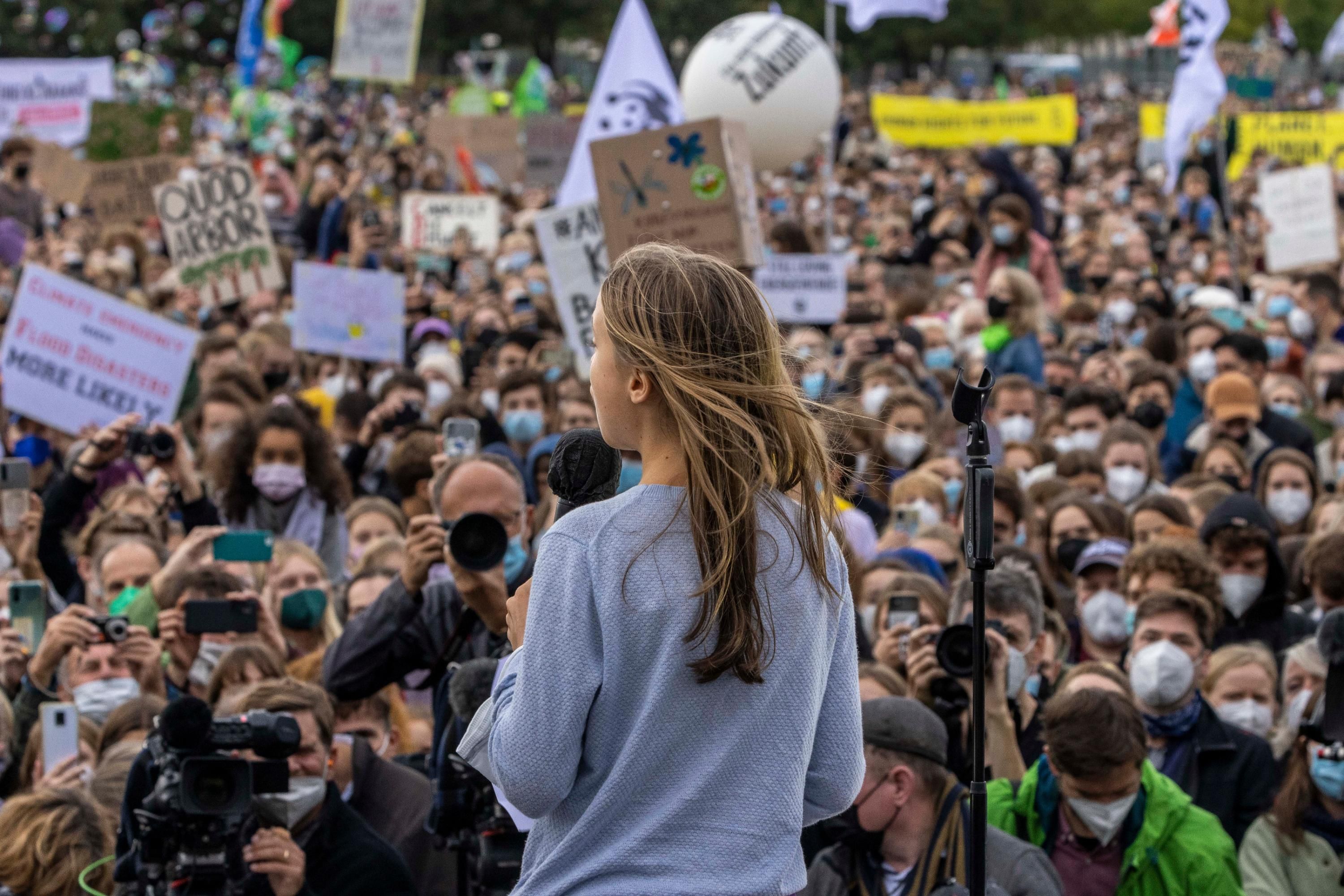
The negotiations over the next government are likely to last at least until the end of the year, meaning Merkel will remain Germany’s leader through the Glasgow talks, and is likely to use the conference as a last chance to present herself as ‘the climate chancellor’.
At the conference, Germany will negotiate as part of the EU block, which has struggled to agree on a position in recent weeks. While wealthier western European countries tend to want carbon-reduction targets to apply within five years, poorer states in eastern Europe prefer ten-year targets. Announcing the conclusions of internal EU negotiations last week, the Council of Ministers produced a classic fudge: “The council expresses, with a view to reaching consensus in Glasgow, its preference for a common time frame of five years”.
The difference between five and ten years might not seem much. But it’s important to remember that greenhouse gases going in the atmosphere are more like a bath than a shower: it’s the total volume that matters, and all of the physical evidence is that the bath is about to overflow. The best evidence is that, if the world continues to emit at its current rate for the next eight years, then it’s likely that warming will pass the 1.5°C that we must stay below.
In this context, it’s likely that Merkel will try to portray herself one final time as the tough leader forcing the EU into a consensus. Her problem, though, is that the German example is far from perfect. As I explained last week, Germans are sitting on higher per-capita historic emissions than any other country on earth apart from the US and UK.
The country has seen an impressive surge in renewable energy: in 2003, wind, solar and hydropower were responsible for 17GW of Germany’s power. Last year, it was 120GW. But this has largely been on top of, rather than instead of, its coal consumption: in 2003, coal was responsible for 49GW. In 2020, that was 44GW. It’s a bit like Germany has attempted to go on a diet, not by giving up burgers, but by also ordering a salad on the side: total energy production has almost doubled in that time.
And in recent years, German manufacturers have been actively outsourcing many of their emissions to the very countries that are now reluctant to cut them, with, for example, factories of the major German car companies a common sight—and a significant set of employers—across Hungary.
Climate Activism Is Working in Germany
Source: Articles Viral Post
0 Comments